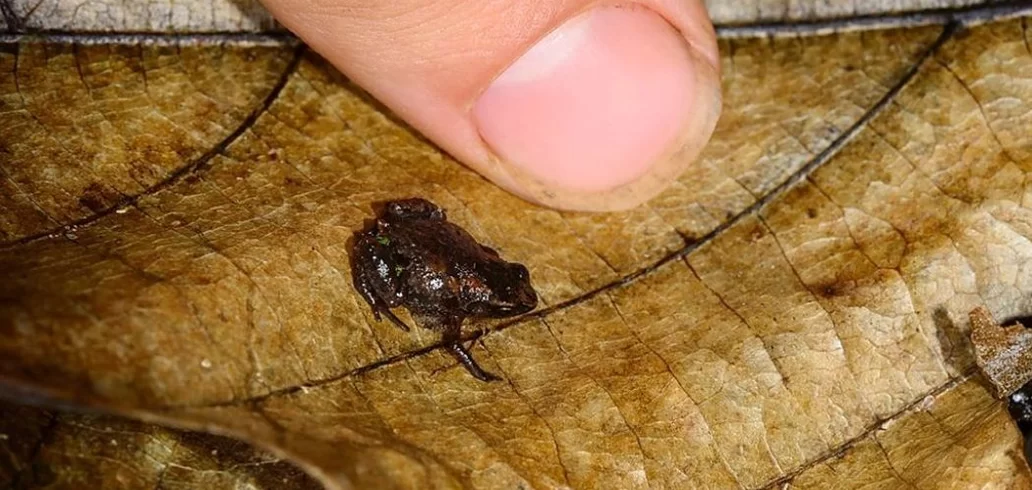Curiosities
How do tardigrades “fix” their DNA to withstand radiation?
Advertisement
One way tardigrades can “repair” their DNA is through a process called nucleotide excision repair. In this process, specific enzymes identify and remove damaged segments of DNA, then fill in the empty space with new nucleotides, thus restoring the correct sequence of bases.
Additionally, tardigrades also have special proteins called heat shock proteins and antioxidants, which help protect cells from oxidative stress caused by radiation.
These genetic and biochemical adaptations are responsible for tardigrades' extraordinary resilience to extreme environmental conditions, including high levels of radiation.
Small but complex
It is fascinating how tardigrades, despite their microscopic size, possess complex genetic and biochemical mechanisms that allow them to survive in extreme environments. They are true masters of survival, capable of withstanding conditions that would be lethal to most other living beings.
Despite their morphological simplicity, tardigrades exhibit remarkable sophistication at the cellular and molecular level, which gives them extraordinary resistance to a variety of environmental stresses, including radiation, dehydration, extreme temperatures, and lack of oxygen.
Studying these microscopic creatures can provide valuable insights not only into how organisms cope with extreme conditions on Earth, but also into the possible adaptations needed for survival in extraterrestrial environments or on other planets.
Die hard
Tardigrades are truly “hard to kill.” They are known as water bears, in part because of their ability to survive a wide range of extreme environmental conditions. These microscopic creatures have the remarkable ability to enter a state called cryptobiosis, in which they dehydrate their bodies and enter a dormant state, allowing them to survive for extended periods without water.
During this state of cryptobiosis, tardigrades can withstand extreme temperatures, high pressures, extreme levels of radiation, and even the vacuum of space. When environmental conditions return to their normal state, tardigrades can rehydrate and resume their vital activities as if nothing had happened.
This incredible ability to survive makes tardigrades objects of fascination for scientists studying the biology of endurance, and also raises interesting questions about the possibility of life on other planets or in extreme conditions here on Earth.
Scientific importance
Tardigrades are of great scientific importance for several reasons:
1. **Extreme Resilience:** They are known for their ability to survive a wide range of extreme environmental conditions, including dehydration, radiation, high pressures, and vacuum. Studying how tardigrades manage to survive in these conditions can provide valuable insights into biological adaptations and survival mechanisms.
2. **Biology of Cryptobiosis:** Tardigrades have the unique ability to enter a state of cryptobiosis, in which they dehydrate their bodies and enter a dormant state. This makes them an excellent tool for studying the processes underlying cryptobiosis and may have applications in areas such as food preservation and organ storage for transplantation.
3. **Astrobiological Potential:** Given tardigrades' ability to survive in extreme conditions, they are often cited in discussions about the possibility of life on other planets or moons in the solar system. Studying tardigrades can help scientists better understand the limits of life and the conditions necessary for its existence on other worlds.
4. **Model for Study in Molecular Biology:** Tardigrades have a relatively simple genome, which makes them an excellent model for studying fundamental biological processes such as DNA repair, stress response, and gene regulation.
In short, tardigrades play an important role in a variety of areas of scientific research, from basic biology to astrobiology, and continue to fascinate scientists with their ability to withstand the most extreme conditions.





